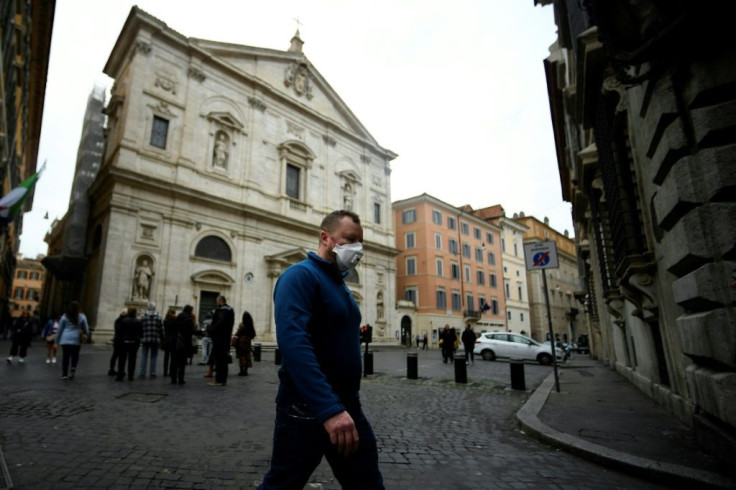Fuel Spike May Push Japan's Inflation Near BOJ's 2% Goal, Says Policymaker

Japan's consumer inflation could briefly approach the central bank's elusive 2% target as geo-political risks push up energy costs, a central banker said on Thursday, in a sign of the broadening fallout from the crisis in Ukraine.
But Bank of Japan (BOJ) board member Junko Nakagawa reiterated the bank's resolve to keep monetary policy ultra-loose, stressing that wages need to rise in tandem with inflation for such price rises to be sustainable.
"For the time being, inflationary pressure will remain strong, mainly for energy, food and industrial goods," Nakagawa said in a speech, adding that year-on-year growth in core consumer prices may "briefly rise close to 2%."
"Even if that happens, what's important is to scrutinise the factors (driving up prices) and whether Japan's economic fundamentals are strong enough to make such price rises sustainable," she said.
While soaring raw material costs have pushed up wholesale prices in Japan, core consumer inflation stood at 0.2% in January on weak household spending and wage growth.
But many analysts expect core consumer inflation to pace up towards the BOJ's 2% target from next month, as the drag from cellphone fee cuts dissipates and rising oil costs boost gasoline and electricity bills.
More firms appear to be passing on higher raw material and labour costs to consumers, Nakagawa said, adding the BOJ must be mindful of the risk the pass-on could speed up more than initially expected.
Nakagawa's remarks heighten the chance the BOJ will upgrade its inflation forecast in a quarterly review of its projections in April. In current forecasts, it expects core consumer inflation to hit 1.1% in the fiscal year beginning in April.
In a first speech to be delivered by a BOJ policymaker since Russia invaded Ukraine, Nakagawa said Japan's economy will continue to recover on solid external demand and an expected rebound in consumption as the COVID-19 pandemic's impact eases.
"Global financial markets remain jittery due to escalating tensions in Ukraine. We're monitoring changes in developments carefully," she said.
Japan's heavy reliance on fuel and food imports make its economy vulnerable to higher commodity prices, adding to woes for policymakers already fretting about the hit to growth from the pandemic.
Given Japan's relatively low inflation and fragile recovery, BOJ Governor Haruhiko Kuroda has repeatedly said the bank has no intention of following in the footsteps of the U.S. Federal Reserve in tightening policy.
© Copyright Thomson Reuters 2024. All rights reserved.




















